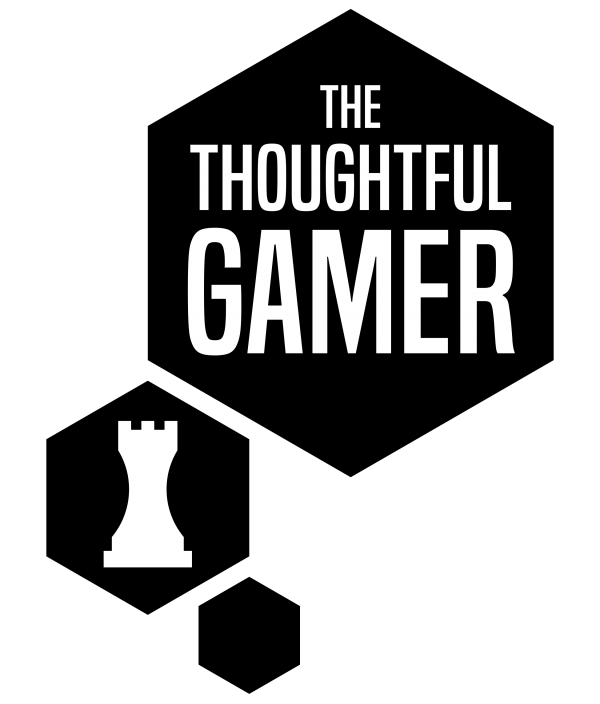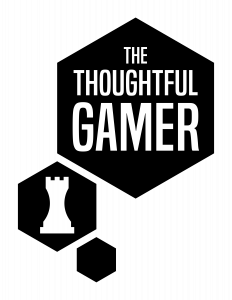A little over a decade ago on a night like tonight I’m probably outside, briskly walking through the cool Pennsylvania evening, talking on the phone with Amber like my life depends on it. In many ways it does. I’m walking in the shadow of the college I just unceremoniously abandoned. I couldn’t continue because whenever I sat down to write any of my papers the blank page on my screen overwhelmed my mind, smothering and taunting me. I couldn’t sleep. Whenever I found myself awake during class time the immense shame of my failures kept me pinned to the bed. When the RD, tipped off by one of my professors, came to check on me, he made a quip that he wanted to make sure I wasn’t turning into the unabomber. That was the moment I realized that, to the school administration, I was merely a potential liability.
I wanted, desperately, to remain. The friends I had made those three years are largely still my friends a decade later. I can still recall lectures and books and classes that shaped my thinking and have guided me these last few years. But in a cruel trick, my mind, hungry for knowledge, study, and validation, conspired against me to make it all impossible.
So I find a job at the local Chinese restaurant, rent a room in town, and take many nighttime walks through the neighborhood. When I’m talking with Amber, or anyone I care about, really, I can form complete thoughts. I can offer up something of myself, and receive someone else in kind; a stray thought, or our deepest selves. I can write now, barely, only because I’ve slowly learned over the years that when I trick my brain into treating the exercise like one of those discussions I can squeeze enough words out on the page to hang on.
Lately I’ve started wondering why I write about board games at all. I began because I found these newfangled games fascinating but wasn’t seeing the kind of review I wanted to read. I thought I could fill that gap. Now I’m less certain than when I began that I can actually accomplish that, but my resolve to continue has been renewed.
Criticism is conversation, and conversation is what keeps me going. People have this view of criticism as proclamation—that it’s someone who thinks they’re better than everyone else telling the masses what’s worthy. Insofar as that’s true it should be cut out. Criticism is thought (literally “critical thinking”), accessible to all, and deeply human. It’s an attempt to explain how we see the world; an attempt at meaning.
Isolation is poisonous to the soul. We’re fed it every day with pernicious marketing that sells the promise of fulfillment and nothing more. The unspoken assumption behind “buy our product and you’ll be happy”, of course, is, “you’re not happy now”. The choir of voices clamoring for attention everywhere we look tells a similar tale: “pay attention to me and I’ll be happy”. It’s sad, and tragic, and at the very core of my being. The deep insecurity behind The Thoughtful Gamer is my desperation to finally say something worth hearing. The more I try to do that the harder it gets. I feel myself creeping back to that blank page paralysis. This post is my attempt to change the course.
If we’re isolated and attention-seeking the antidote is human connection, in all its forms. Intellectual connection is part of that. When I think back to the most meaningful moments in my life, many are conversations—everything from raw emotional outpourings to cheeky philosophical hypothesizing. I think back to the writings that have shaped me: Augustine’s prayerful autobiography; Wallace’s search for meaning among meaninglessness; Ebert’s apologies for emotion. All of it is a giant conversation that helped formulate who I am.
I see two benefits, then, of criticism. The first is the advancement of ideas. Arguments are made, debates are had, and through it all we attempt to discern what’s good and noble and true. The second is connection. In the process of all of that intellectual stuff we have the opportunity to engage with our fellow humans on a new level. We get to try to understand minds outside of our own. In doing so we cultivate our ability to connect with others.. A great conversation, face to face or indirectly, not only teaches us something about the topic of conversation, it teaches us something about how to have great conversations in the first place.
This is easier said than done, of course, as us who exist largely online are forever surrounded by nonsense, amplified. I don’t have any solutions for that, but I know I can try to change my own self, to become, more and more, someone who cares about things of substance.
So why write about board games? In the grand scheme of things they’re not very important. If they’re art (which is another topic for another time, probably by another person), then they’re not quite on the level of the great works in other media. Some might disagree, but I think the nature of games as an interactive media means that they don’t have the precision or focus of other forms. However, that very interactivity makes games special as a social activity. The game provides parameters for people to engage with each other through play. Each play of a game is a conversation, in words and actions, about the game and about each other. If nothing else, board games are worth writing about because they artificially manipulate behavior, and that’s interesting on a number of levels.
But beyond that, board games, insofar as they’re thematic, communicate to the players themes and ideas about the setting or genre they represent. The designer’s thoughts about the setting are embedded in the design, even if those thoughts are simply apathy. In this way we can criticize board games in the same way we do books or movies.
Personally, I write about board games because that’s what was most interesting to me at the opportune time. It’s not so much because of the games themselves, though I do love them, but because I’ve always been that version of me, wandering through the neighborhood at night on the phone, talking about ideas big and small, trying to find meaning in it.





2 thoughts on “Criticism is Conversation”
For what my thoughts are worth, I visit your reviews for a different purpose to other sites. I don’t think I’m unusual in being someone who watches the internet in silence, preferring to comment in my mind more than in the comments section, which has always bred in me a sense that I am in some way, just listening to someone else’s conversation. So I was interested to hear your take on critique as a discourse.
My metaphorical town is quite small, and not populated by a vast amount of folk hammering on my door, begging to be let in to sit in a circle and listen to me wax lyrical about board games.
‘Great speaker!’, no-one exclaims, ‘Tell us more about the art and craft of game design whilst we get on with not really existing.’
And so, I meander through the streets of the internet until it turns out, I find you wandering in the dark, talking on your phone about board games. You don’t seem to mind if I stand and listen a while, perhaps seeing that I am intrigued by the way your reviews slowly unravel towards your final thoughts.
At the end, I nod a thanks to you, and as I stand and sip my coffee and watch the inevitable score taken to the necessary decimal places recede into the distance, I find I have more to contemplate than mere subjective numeracy. You see, I am aware that I could have just got a taxi to this place, told the driver to wake me up when we get to the score and popped my brain in a box, but I prefer to take another route. There is a calmness in the way you structure your thoughts, the way someone talks in hushed tones in the street at night. While the brute scores go in to town for a boozy night, a kebab and a fight, I am content to stand under this street light and listen.
For what my thoughts are worth, I enjoy wandering these streets, listening to the conversations of others. I’m glad to meet you here.
This is incredibly kind. Thank you.